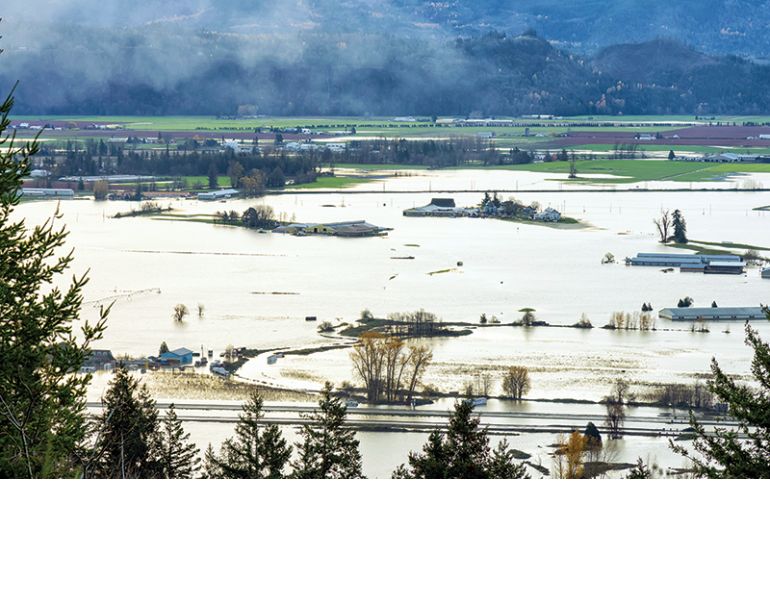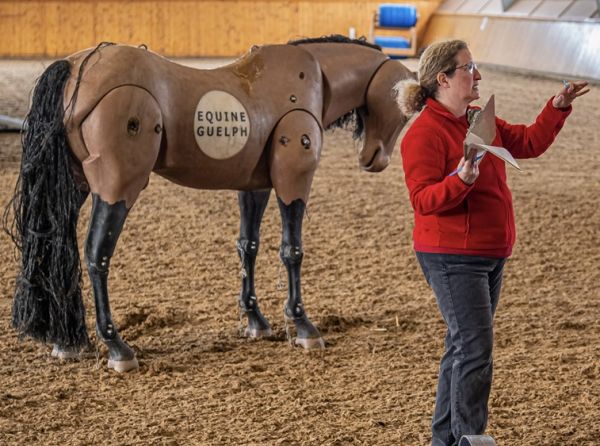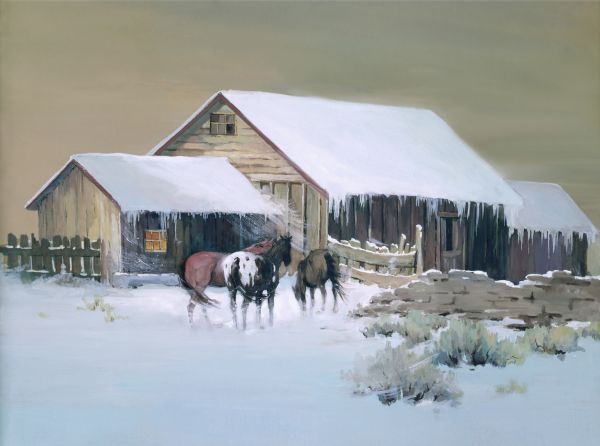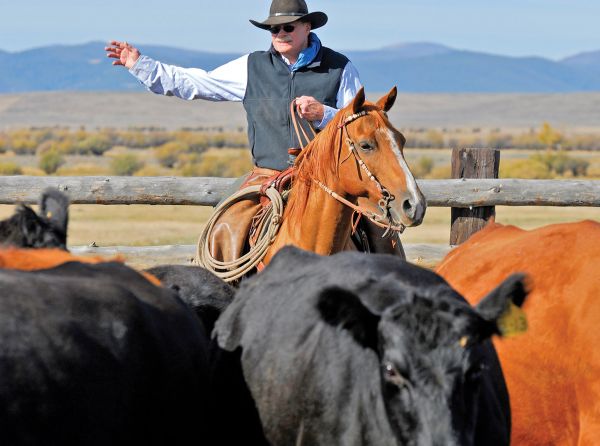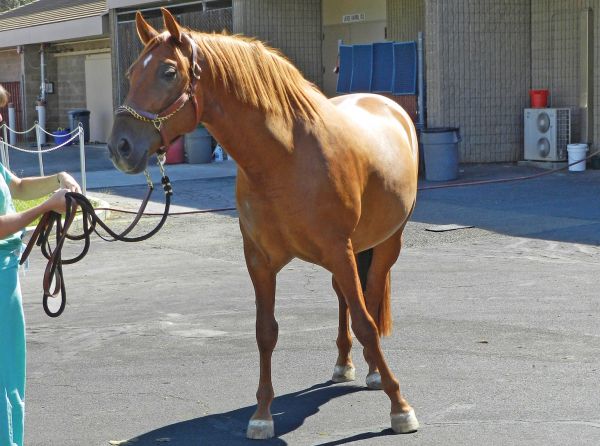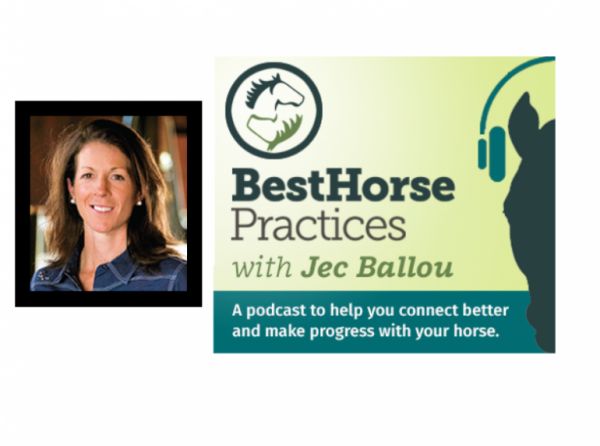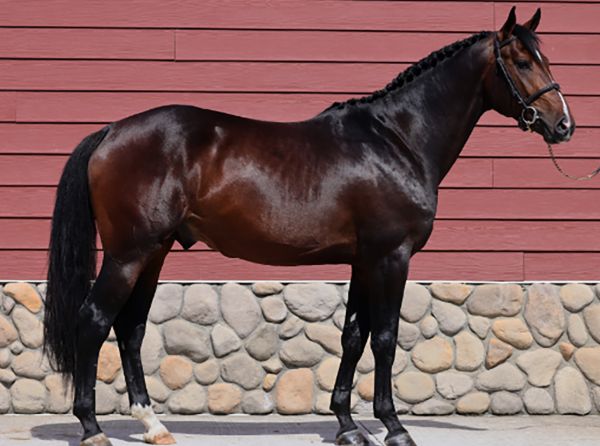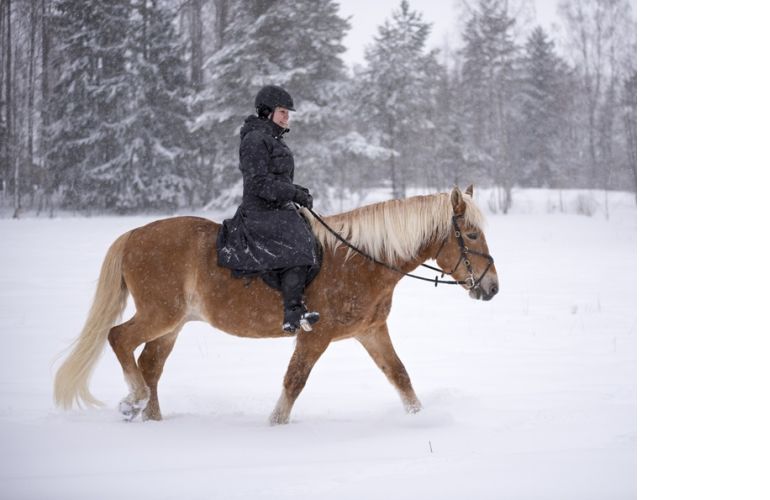BC Runs on Horse Power!
Source: HCBC
Aldergrove, BC, June 30, 2020 - Horses generate an estimated $784 million dollars in economic activity in British Columbia, and that translates to over $63 million in tax revenue to the province. The 2019 Economic Impact Study conducted by Horse Council BC (HCBC) with funding through Canadian Agricultural Partnership, indicates more than 88 percent of horse owners say they will be either maintaining or increasing their involvement in the industry in the next five years.
The 2019 HCBC Equine Industry Economic Impact Study is the fifth of its kind. HCBC, in partnership with the Ministry of Agriculture, undertakes a detailed survey to estimate the size of the BC equine industry and measure its economic contribution to the provincial economy. With previous studies conducted in 1998 and 2009, 2019 was earmarked as the next obvious interval to update the industry’s data and economic impact information. Collectively, the five reports document the economic activities and contribution of the BC horse industry over the last 30 years.
The survey data collected and compiled by Ferrence and Company shows that although the number of horses has declined, the equine industry is alive and well. BC is home to approximately 60,000 horses on over 201,000 acres with more than 20,000 households involved in the industry. Horse properties report an estimated total value of $1.67 billion for buildings and equipment used to keep horses in 2019. The recreation sector accounts for the largest share of this value.
The analysis divided the industry into five sectors: racing, sport, ranch/work, guide, and recreation, with the recreation sector being almost as large as the other sectors combined in terms of economic impact as well as number of horses. Horse sports include racing, jumping, 3-day eventing, dressage, and polo, as well as rodeo, cutting, roping, reining, cattle penning, competitive driving, and endurance riding. Work roles include selective forestry, ranch work, and guide-packing.
There are an estimated 5,620 full-time equivalent (FTE) jobs supported by the BC equine industry in 2019. Nearly 40 percent of these jobs are categorized as maintenance of horses, which relates to households hiring outside labour to look after their horses. The other large employment category relates to training horses and riders, which accounts for a third of all FTE jobs supported by the BC equine industry.
The 2019 survey results represent the highest figures for pleasure riding since reporting began.
The impact of horse use on tourism is also significant. In addition to those who visit guest ranches to ride for recreation, and clients using guide outfitters for hunting pack trips, the race and sport participants who travel to competitions and recreational riders who explore the province on horseback have spent almost $18 million dollars a year on travel. This doesn’t include the spectators who travel to watch races, horse shows or competitions, and rodeos.
The survey was undertaken with the funding support of the Canadian Agricultural Partnership and the province of BC. Funding has been provided for this project by the BC Ministry of Agriculture and Agriculture and Agri-Food Canada through the Canadian Agriculture Partnership, a federal-provincial-territorial investment that includes $2 billion in cost-shared strategic initiatives delivered by the provinces and territories and $1 billion for federal programs and services through May 2023.
Horse Council BC is a non-profit member service organization representing over 23,000 horse owners and breeders, equine industry businesses and professionals, and both competitive and recreational equestrians. For more information on the survey results, contact Kelly Coughlin at Horse Council BC at 1-800-345-8055 or email industry@hcbc.ca.








